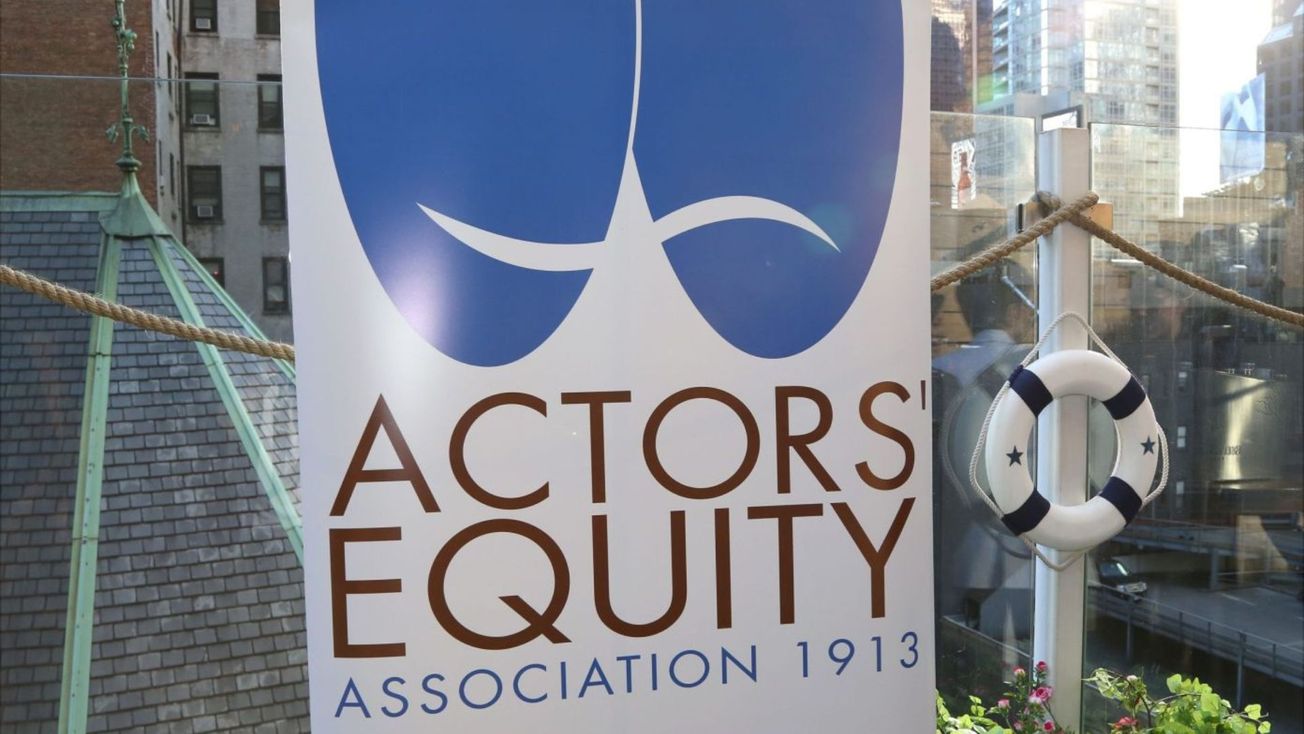On Feb. 22, Actors’ Equity Association published a report reflecting hiring bias and wage gaps for union members in 2021. The last report, released in 2022, examined data from 2020.
The report tracks the number of new Equity contracts and average salaries of those contracts for productions that opened between Jan. 1, 2021 and Dec. 31, 2021 in the United States. Data is organized and assessed across six identity categories — race/ethnicity, gender, age, sexual orientation, disability and veteran status — to examine hiring biases and pay differences through the lens of these identity markers.
Equity’s report also examines intersectionality of identity factors related to hiring bias and wage gaps. As Equity president Kate Shindle stated in a note included with the report, “In order to make progress, we know it’s critical to recognize how identity interacts with access. To that end, this year’s report takes a closer look at a few specific intersectional categories: age/race, age/gender and race/gender.”
Demographic information was collected from Equity members’ confidential and voluntary self-identification to the union. Weekly salary information, gathered from contracts filed with Equity, are based on weekly averages. Below are some highlights from the results.
In 2021, Equity issued 6,116 new contracts for five jobs: 1) principal actors in a play, 2) principal actors in a musical, 3) chorus actors, 4) stage managers and 5) assistant stage managers. (This figure does not speak to the number of individuals hired, but the amount of contracts executed.)
A note included in the report by Danee Conley, diversity and inclusion strategist for Equity, stated, “2021 saw 87,841 fewer contracts for new work opportunities than 2019, a year that was more representative of the number of contracts that Equity members typically work.” Due to the COVID-19 shutdown that began in March 2020, Conley compared the total amount of contracts in this report to that of the most recent full year of employment.
Commenting on the results, Conley stated in the report, “While we want to be cautious not to overpraise incremental progress and to be cognizant of 2021 as such an anomalous year, we also need to recognize that we are striving for progress over perfection. It is the progress and the ability to be critical of that progress that leaves space for disruption.”
Adding to that sentiment, Shindle acknowledged, “Considering our industry’s public statements, EDI trainings, leadership changes and beyond, the 2021 numbers aren’t as encouraging as we had hoped. But we are nevertheless still seeing progress compared to previous years, and there are both broad and specific action steps we can take to further develop a professional theatrical community that truly works for everyone.”
Of the 6,116 new contracts, 28.6% were for BIPOC members (up from 24.8% in 2020), 52.3% were for white/European American actors (down from 54.4% in 2020) and 3.6% went to individuals who preferred not to self-identify their race/ethnicity (down from 4.6% in 2020).
The average weekly salary across all five aforementioned jobs was $1,072.07. The average weekly salary for a BIPOC Equity member was $1,164.16 and that of a white/European American member was $1,057.40. (To view the breakdown by type of contract, see the full report.)
With regards to gender, 46.9% of all Equity contracts went to those who identified as men, 44.4% went to those who identified as women and 0.9% went to those who identified as nonbinary and third-gender members, with 0.2% of members preferring not to identify with regards to gender.
The average weekly salary across all five jobs was $1,072.07. The average weekly salary for men was $1,093.84 and that of women was $1,092.80. But the average for nonbinary and third-gender members was $850.65.
The vast majority of contracts went to cisgender professionals: 50.5% of contracts for principals in a play went to men, 52.4% principals in a musical went to men, 54.0% chorus actors went to men, 58.92% stage managers went to women and 60.2% of assistant stage manager went to women.
Click here to view the full 2023 report, which identifies data from the 2021 calendar year.


























































